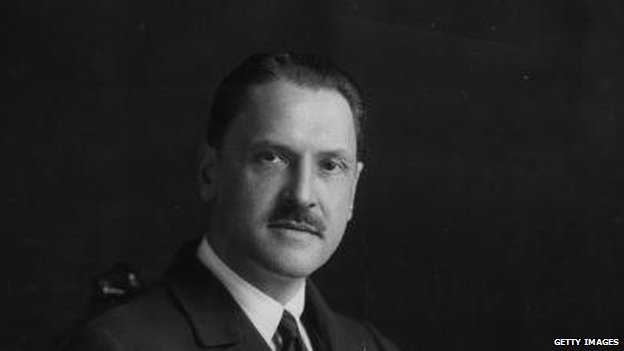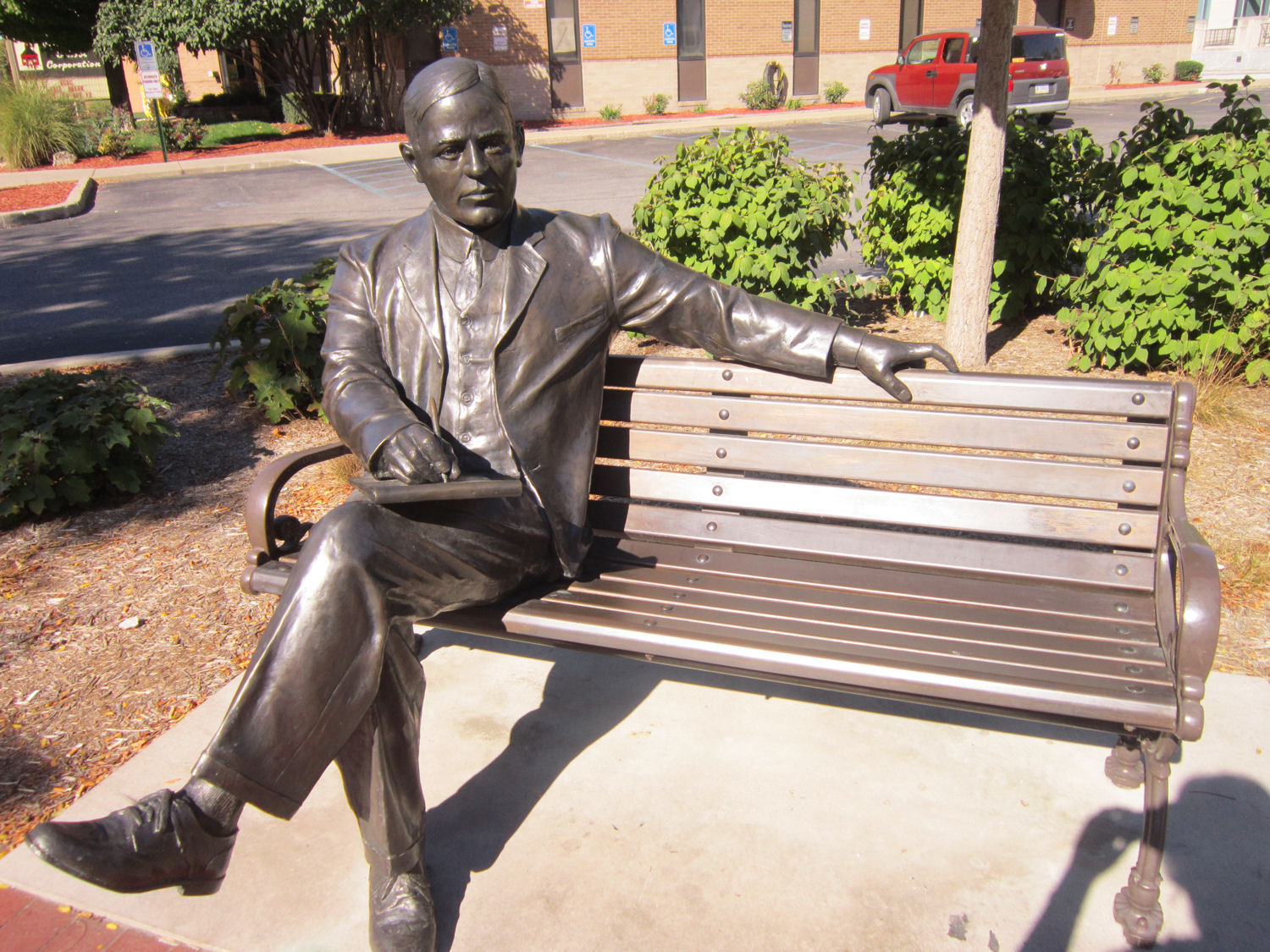This Quality summary provides an overview of the storyline. The story begins with the description of a down-to-earth boot shop belonging to the Gessler brothers – who were not merely traders but craftsmen skilled in the art of fine boot-making. Once the narrator went into the shop to order a pair of Russian leather boots, he was presented with a fine piece of golden brown leather, which would be used to make his boot fit to perfection. This one time, the narrator complained of his boots having creaked. The complaint was met with flummoxed silence, after which Mr. Gessler asked the narrator to send back the shoes for fixing, adding that he would not be charged for the boots if they were beyond repair.
During another one of his visits to the Gessler shop, the narrator absent-mindedly wore boots that he had bought from a large boot firm. Mr. Gessler recognized at once that the shoes worn by the narrator were not the fruit of his craftsmanship, pointing out the flaws in its making. It is at this juncture that Mr. Gessler reveals to the narrator how difficult it is for him and his brother to sustain their small business of bespoke handmade artisan boots during times when mass production and relentless advertising were tugging away all clients. On his next visit, two years later, the narrator found that the store size had been reduced to half in order to curb expenses. And during the next visit, he discovered that the elder Gessler brother was dead, not being able to bear the business’s losses. The narrator ordered several pairs at that time, and the quality of the finished boots was better than ever. The next visit the narrator paid to the shop was after a year, and this time around, Mr. Gessler looked frail and old. This time around, the order took longer to come, but the quality was even better. A week later, the narrator wished to visit Mr. Gessler to tell him how excellent his boots were. However, upon reaching the store, he found that another company had occupied the shop and that Mr. Gessler was dead – having died of slow starvation. The new store owner reveals that Mr. Gessler spent all his time laboriously making boots, hardly eating, and spending all the money on rent and leather during his last days. This news saddens the narrator profoundly, and he leaves the store with tears in his eyes.
Quality: Summary
This Quality summary explains in detail the events that take place in the story. The narrator has been acquainted with the Gessler brothers from the time of his youth, for his father was a patron of the shoemakers. The two brothers occupied a no-frills store in the once-fashionable West End area. It was a simple store without any great signage or advertising, and they only took custom orders – making unique boots according to each client’s feet. Their storefront was humble, displaying only a few pairs of boots as if to declare to the world that they did not subscribe to mass production. As the narrator grows older, he realizes that the Gessler brothers were not just shoemakers but expert craftsmen and that their shoes were nothing short of a work of art.
While describing the younger Gessler brother, the narrator said that his yellow face and the neat folds of skin slanting down his cheek, along with his sardonic voice, made it seem as if he were himself made of leather. His brother looked just like him, only paler. The narrator then describes how entering the Gessler brother’s shop was akin to entering a church, where the client had to wait patiently on a wooden chair for the masters to do their work. Boots would be ordered, the foot size would be carefully measured and gleaned through touch, and then the client would be shown the leather piece that would go into the making of a perfectly fitted boot.
On one memorable visit, the narrator complained to the younger Gessler brother that his boots had creaked. This complaint bewildered the skilled craftsman as if it were impossible for any of his products to have imperfections. However, with great ingenuity, Mr. Gessler asked the narrator to send back the shoes for repair, failing which he said he’d refund the amount charged.
Another memorable visit of the narrator was when he entered the shop wearing boots purchased by one of the more prominent companies. During this visit, the narrator got to know about Mr. Gessler’s contempt for the larger boot-making companies that did away with the craftsmanship of the trade in the name of mass production, trading quality with an array of advertising gimmicks to win clients. During this meeting, the narrator became aware of the Gessler brother’s travails of sustaining a small bespoke business of handmade artisanal boots when the more prominent companies were luring away their clients on the dint of shallow advertising. The ice-cold contempt in Mr. Gessler’s voice made the narrator order multiple pairs of boots, so much so that he had no occasion to visit their store for the next two years.
After two years, the narrator goes back to the store and finds that another company has occupied one-half of the store. The narrator later learns that this downsizing had to happen because running the shop was turning out to be too expensive. The next time the narrator goes to the shop, an older-looking Mr. Gessler informs him that, unable to handle the losses their business was incurring, the elder brother had died. The ordered boots took a long time to come this time, but their quality was better than before.
After a year, the narrator visited the Gessler shop to find that Mr. Gessler had aged rapidly, looking frail. However, despite aging, the man still knew his trade well and went about the task of measuring the narrator’s foot for a fresh piece. This time the boots took even longer to come, but their quality was better than ever.
A week later, the narrator decided to visit Mr. Gessler to compliment him on how wonderful his latest set of boots had turned out. However, upon reaching the store, the narrator was bewildered to see that some other company had occupied the store of the Gessler brothers. The new owner tried to assure the narrator that they were equipped to offer him any boots he wanted, but the narrator insisted on knowing what had happened to Mr. Gessler. Upon further inquiry, the narrator found out that Mr. Gessler had died of slow starvation. The new company owner disclosed to the narrator how Mr. Gessler barely did anything apart from making boots, not even setting aside time to eat. All his money went into rent and to purchase fine leather, leaving very little for basic sustenance. It was tough business conditions that had finally drawn the life out of Mr. Gessler – an expert craftsman of boots. Both men agreed that Mr. Gessler was one of a kind when it came to boot-making artistry. And the narrator left the store deeply saddened by the loss of such a great individual who strived for quality when the world was scrambling for profits and gains.
Quality: Analysis
In this Quality by John Galsworthy critical appreciation, we will analyze the story’s message, in addition to evaluating its literary aspects.
The plot construction of the short story is fluid, with the narrator’s visits to the Gessler brother’s shop forming the main blocks of the story. We find out something new about Mr. Gessler and his trade during each of the narrator’s visits. During the first few visits, the readers get to know about the Gessler brothers’ commitment to the art of making custom-handmade boots and how they purchased the best leather available for their boots. However, as the story progresses, we come to know about their impoverishment, which only occurred to them, for they refused to succumb to the capitalist demands of a market that only ran on advertising at the cost of quality.
The story is narrated in the first-person point of view. Through the narrator’s commentary, we see the excellent craftsmanship of the Gessler brothers and their gradual diminishing into oblivion due to their failure to adapt to the consumerist culture. The story mainly comprises descriptions and the commentary of the narrator, interspersed with dialogues that reveal Mr. Gessler’s state of affairs and his views on his trade and the boot-making market.
Galsworthy’s art of characterization deserves a special mention in this Quality story analysis, for he has presented in this story an intriguing anti-hero – the younger Mr. Gessler. Mr. Gessler can be viewed as an anti-establishment rebel who, despite incurring severe losses, refused to relent to mass production. When companies favored quantity over quality and advertising over craftsmanship, Mr. Gessler continued to make bespoke shoes laboriously crafted by hand as per the unique requirement of each client’s feet. His commitment to quality and perfectionism drove him towards extinction. Still, till his very last days, he stayed true to his craftsmanship and integrity, upholding the virtue of quality above everything else.
Quality by John Galsworthy bears a very important message for readers, for it shows the war between quality and consumerism – one in which quality is losing. The industrial revolution brought in its wake mass production, which was a direct attack on craftsmen like Mr. Gessler, who were artists of their trade. Despite being one of the finest bootmakers of his time, Mr. Gessler was forced to impoverish, for he did not care to advertise his products as he wanted the quality of the boot to speak for itself. This made his business incur heavy losses, for his competitors were producing low-quality products in bulk and stealing all the clients through marketing tactics. The failure of Mr. Gessler is the failure of commitment to quality. His downfall bears testimony to the downfall of humanity, for consumerism has created a world where honest artists will starve unless they adapt themselves to the shallowness of advertising their wares louder than the competitors. And in the case of Mr. Gessler, the unholy union of consumerism and advertising won, and his craftsmanship and dedication to his trade failed.
Quality: Theme
The overarching theme of Quality by John Galsworthy is a commitment to quality. One of the massive pitfalls of mass production was a downgrade in quality. Big companies produce products in bulk with no regard for the unique requirements of each client. To compensate for this loss of quality and win clients, they practiced aggressive marketing and advertising to succeed in the capitalist game of consumerism. Mr. Gessler stood out in this world controlled by consumerism by staying true to his art and through sheer dedication to his craftsmanship. He refused to let anybody other than his brother make boots for his company. And each boot that left his store was unmatched in quality, for it was the product of hard manual labor instead of blind mechanization. This commitment to quality caused Mr. Gessler huge losses, but he bore them with dignity because producing high-quality boots were the biggest priority of his life as an artist. He refused to stoop so low as to partake in the mad advertising game, for he believed that a product’s quality was the prime concern of any trade. In the end, we see that this commitment to quality ultimately drains the life out of an old Mr. Gessler, who could not make ends meet. However, he is the real hero in the reader’s heart, for he stood true to his principles.
The other themes are dedication and integrity. Mr. Gessler was dedicated to his craftsmanship till his very last days. He did nothing other than make boots, not even setting aside time to eat and attend to himself. His integrity shines through in instances when he offered a full refund for worn boots that had creaked. His refusal to advertise his products in a world thriving on marketing also bears testimony to his integrity, for Mr. Gessler was a true artist and not a sell-out.
Quality: Title
Quality by John Galsworthy has been aptly titled, for the whole story revolves around the idea that quality should trump everything else in an ideal world. In this story, we have an old-fashioned bootmaker, Mr. Gessler, skilled as a craftsman whose boots could be viewed as art. The only thing he cared about was the high quality of his boots, and he dedicated his entire life to delivering the same. No artist true to his salt would be comfortable with aggressive marketing of their work. The same was the case with Mr. Gessler, who prioritized providing a-grade quality boots above everything else. His dedication to quality remained resolute even when the going got tough, and the big companies started stealing his clients through lucrative advertising and fast production. However, this unflinching commitment to quality came at a cost; gradually, the downfall of Mr. Gessler began when his clients started reducing in number, and he was left with no means of sustenance. But even in his downfall, there was grace, for he went on to be remembered as one of the finest bootmakers of his time. He lived to promote quality and lost his life pursuing quality; hence, it makes perfect sense that this short story about an artisan bootmaker has been titled ‘Quality.’
Quality by John Galsworthy is the heart-wrenching tale of an artisan bootmaker who stood true to his principles at a time when the world was running after profits. Through the narrator’s eyes and commentary, we are introduced to this one-of-a-kind bootmaker whose sole purpose was to deliver high-quality boots. He had no care for modern-day marketing and mass production. This gradually drove him into a life of destitution, but Mr. Gessler bore it with grace, for he was living a life staying true to his art and principles. By showing us the life of Mr. Gessler, Galsworthy is trying to drive home the potent point that the human world has become a cruel place where capitalism will thrive, and those who wish to pursue a steady commitment to quality or their art will wane away and die.
Updated by Anjali Roongta on 23rd April 2023.
Some online learning platforms provide certifications, while others are designed to simply grow your skills in your personal and professional life. Including Masterclass and Coursera, here are our recommendations for the best online learning platforms you can sign up for today.
The 7 Best Online Learning Platforms of 2022
- Best Overall: Coursera
- Best for Niche Topics: Udemy
- Best for Creative Fields: Skillshare
- Best for Celebrity Lessons: MasterClass
- Best for STEM: EdX
- Best for Career Building: Udacity
- Best for Data Learning: Pluralsight













